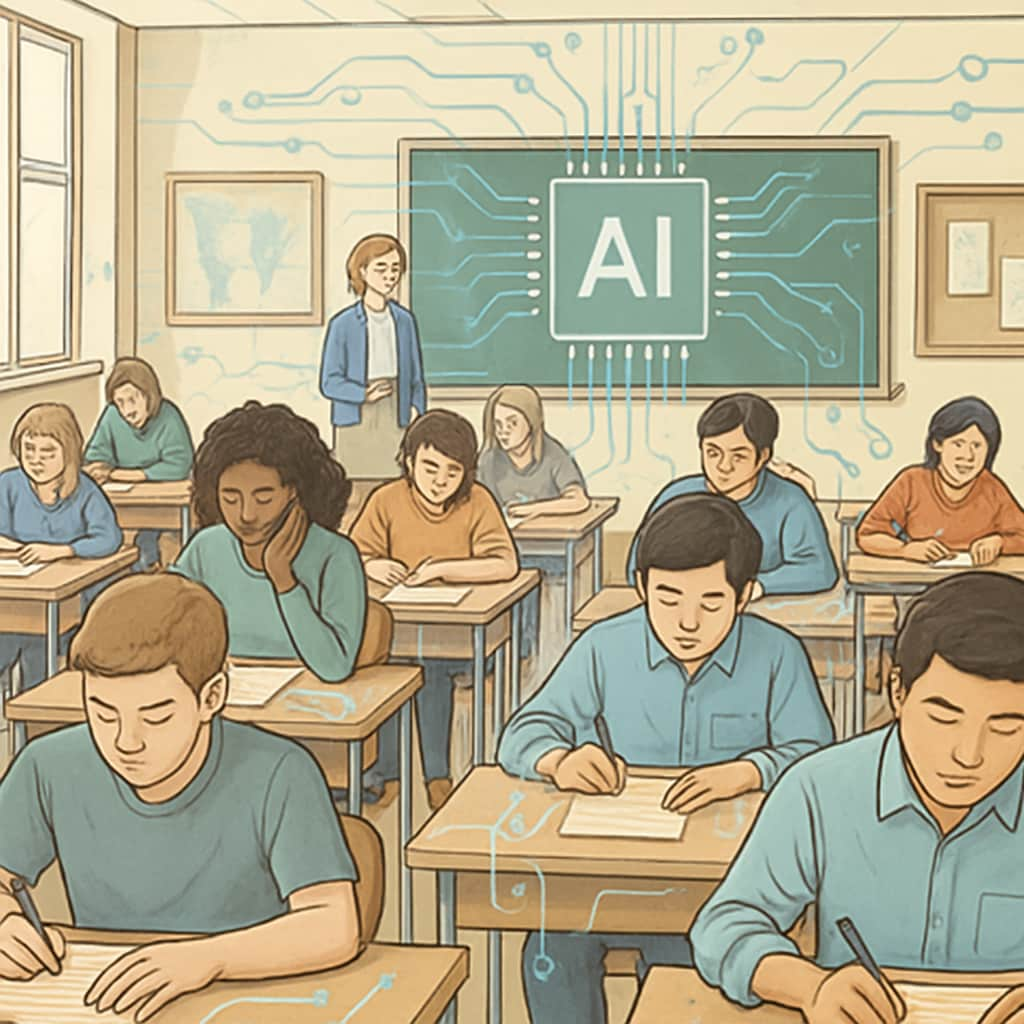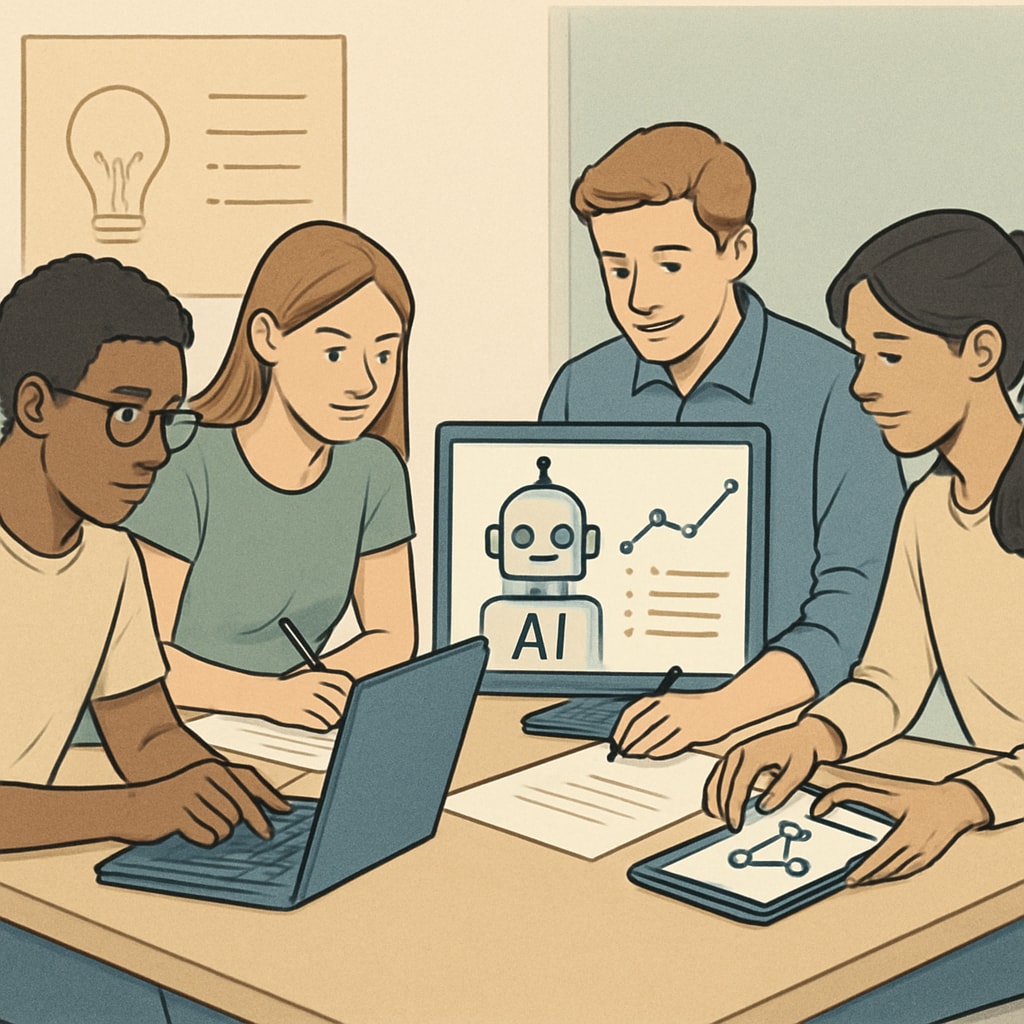The rise of artificial intelligence (AI) is fundamentally transforming various sectors, including education. Traditional competitive exams, long considered a cornerstone of talent selection, are now facing significant challenges in the AI era. These exams often prioritize rote memorization and standardized answers, leaving little room to assess creativity, problem-solving, and adaptability—qualities that are increasingly valuable in the modern workforce. As a result, educational policymakers must rethink the current evaluation systems to better prepare students for the demands of an AI-driven world.
How Artificial Intelligence Exposes the Limitations of Traditional Exams
Traditional competitive exams were designed for an industrial-era workforce, emphasizing efficiency, discipline, and uniformity. However, AI technologies have revealed the limitations of such systems. For example, AI can now easily outperform humans in tasks that involve pattern recognition, data analysis, and even creative writing. This raises questions about the relevance of testing methods that rely heavily on these skills.
Moreover, the introduction of AI tools like ChatGPT has disrupted the integrity of competitive exams. Students can use these tools to generate high-quality essays or solve complex problems, making it increasingly difficult to differentiate between genuine understanding and AI-assisted responses. In this context, the focus must shift from assessing knowledge retention to evaluating critical thinking, collaboration, and ethical reasoning.

Opportunities for Redefining Talent Selection in the AI Era
While AI challenges traditional competitive exams, it also offers opportunities to redefine how we evaluate talent. For instance, AI-driven adaptive testing can personalize assessments based on a student’s strengths and weaknesses, offering a more nuanced understanding of their abilities. Additionally, project-based evaluations and open-ended problem-solving tasks can provide deeper insights into a student’s creativity and practical skills.
Another promising approach is the incorporation of real-world simulations and collaborative projects into the evaluation process. These methods not only test academic knowledge but also assess how students apply their learning in dynamic, unpredictable scenarios. For example, students could be tasked with developing sustainable solutions to global challenges, encouraging them to think critically and work effectively in teams.

The Role of Policymakers and Educators in Driving Change
Educational reform in the AI era requires a collaborative effort between policymakers, educators, and industry leaders. Policymakers must prioritize the development of curricula that focus on future-ready skills, such as emotional intelligence, ethical decision-making, and lifelong learning. Educators, on the other hand, must embrace AI as a tool to enhance teaching and learning rather than view it as a threat.
For example, AI can help teachers identify learning gaps and provide targeted interventions, ensuring that no student is left behind. Furthermore, schools and universities can partner with tech companies to design courses that align with the skills demanded by the AI-driven job market.
In conclusion, the advent of artificial intelligence presents both challenges and opportunities for traditional competitive exams and talent selection. By rethinking evaluation systems and embracing innovative approaches, we can better equip students with the skills needed to thrive in an unpredictable future. The question is no longer whether education must change but how quickly it can adapt to meet the demands of the AI era.
Readability guidance: The article uses short paragraphs and lists to summarize key points. Passive voice and long sentences are minimized, while transitional phrases ensure a natural flow. Efforts are made to balance technical insights with accessible language.


